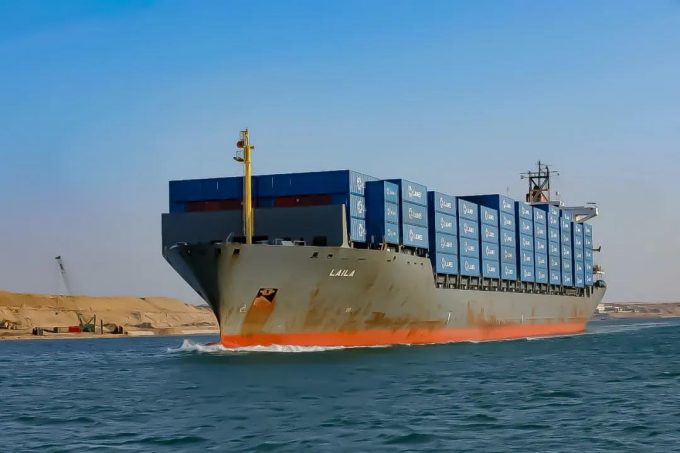Container lines hope for intra-Asia boost as ex-India rates continue slide
Container lines – predominantly those operating on China-India trades – are cementing their networks to ...

Severe early termination penalties on charters have seen a number of smaller carriers continue to offer services on both the Pacific and Asia Europe trades according to one analyst.
Linerlytica analyst Tan Hua Joo said that despite the reversal in freight levels, many new entrants on ...
CMA CGM South Korean staff strike over bonuses after bumper 2024 profit
MSC switches two more Asia-Europe port calls from congested Antwerp
CMA airline returns two freighters, while ANA takeover of NCA looms
Front-loading frenzy has made traditional H2 peak season 'unlikely'
Tradelanes: Export boom in Indian sub-continent triggers rise in airfreight rates
Carriers introduce surcharges as congestion builds at African ports
Mexican airport modernisation plan unlikely to boost cargo facilities
Ports and supply chain operators weigh in on funding for CPB

Comment on this article